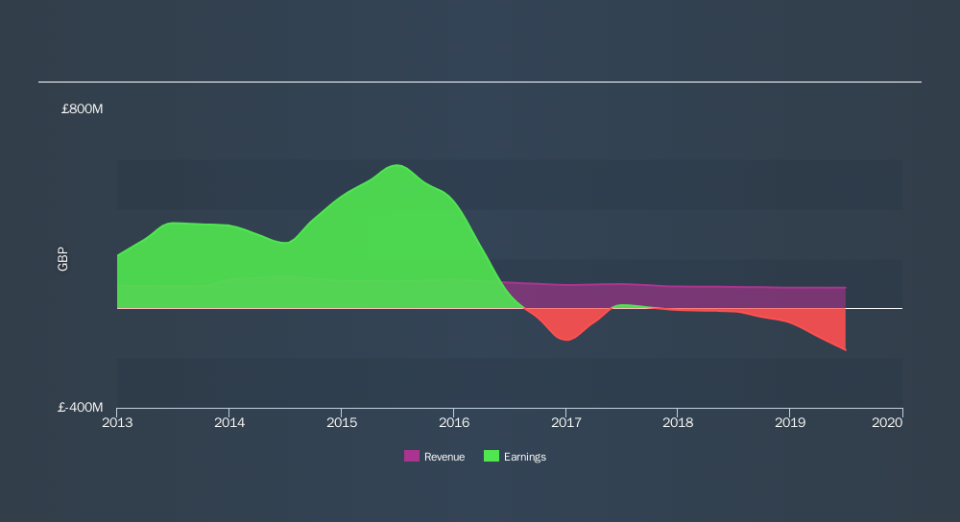Does The Capital & Counties Properties PLC (LON:CAPC) Share Price Fall With The Market?

Anyone researching Capital & Counties Properties PLC (LON:CAPC) might want to consider the historical volatility of the share price. Modern finance theory considers volatility to be a measure of risk, and there are two main types of price volatility. The first category is company specific volatility. This can be dealt with by limiting your exposure to any particular stock. The other type, which cannot be diversified away, is the volatility of the entire market. Every stock in the market is exposed to this volatility, which is linked to the fact that stocks prices are correlated in an efficient market.
Some stocks mimic the volatility of the market quite closely, while others demonstrate muted, exagerrated or uncorrelated price movements. Beta can be a useful tool to understand how much a stock is influenced by market risk (volatility). However, Warren Buffett said 'volatility is far from synonymous with risk' in his 2014 letter to investors. So, while useful, beta is not the only metric to consider. To use beta as an investor, you must first understand that the overall market has a beta of one. Any stock with a beta of greater than one is considered more volatile than the market, while those with a beta below one are either less volatile or poorly correlated with the market.
See our latest analysis for Capital & Counties Properties
What does CAPC's beta value mean to investors?
Zooming in on Capital & Counties Properties, we see it has a five year beta of 0.87. This is below 1, so historically its share price has been rather independent from the market. This suggests that including it in your portfolio will reduce volatility arising from broader market movements, assuming your portfolio's weighted average beta is higher than 0.87. Beta is worth considering, but it's also important to consider whether Capital & Counties Properties is growing earnings and revenue. You can take a look for yourself, below.
Does CAPC's size influence the expected beta?
With a market capitalisation of UK£2.1b, Capital & Counties Properties is a pretty big company, even by global standards. It is quite likely well known to very many investors. When a large company like this trades with a low beta value, it is often because there is some other systemic factor influencing the share price. For example, commodity prices might influence a mining company strongly, while expectations around dividend payments (and capital expenditure requirements) might have a big impact on utilities.
What this means for you:
One potential advantage of owning low beta stocks like Capital & Counties Properties is that your overall portfolio won't be too sensitive to overall market movements. However, this can be a blessing or a curse, depending on what's happening in the broader market. In order to fully understand whether CAPC is a good investment for you, we also need to consider important company-specific fundamentals such as Capital & Counties Properties’s financial health and performance track record. I urge you to continue your research by taking a look at the following:
Future Outlook: What are well-informed industry analysts predicting for CAPC’s future growth? Take a look at our free research report of analyst consensus for CAPC’s outlook.
Past Track Record: Has CAPC been consistently performing well irrespective of the ups and downs in the market? Go into more detail in the past performance analysis and take a look at the free visual representations of CAPC's historicals for more clarity.
Other Interesting Stocks: It's worth checking to see how CAPC measures up against other companies on valuation. You could start with this free list of prospective options.
We aim to bring you long-term focused research analysis driven by fundamental data. Note that our analysis may not factor in the latest price-sensitive company announcements or qualitative material.
If you spot an error that warrants correction, please contact the editor at editorial-team@simplywallst.com. This article by Simply Wall St is general in nature. It does not constitute a recommendation to buy or sell any stock, and does not take account of your objectives, or your financial situation. Simply Wall St has no position in the stocks mentioned. Thank you for reading.


